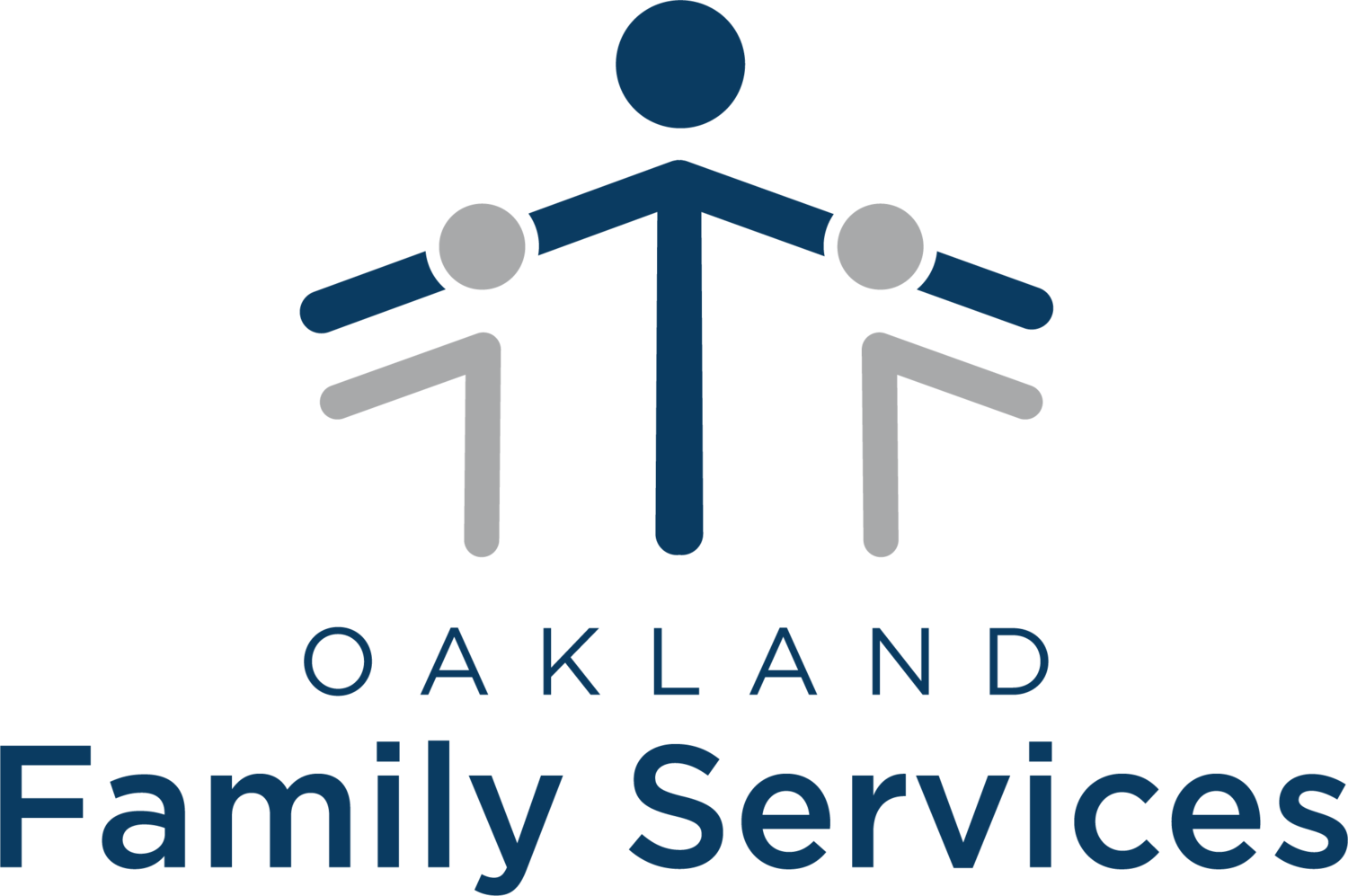Resources to support children, teens and parents through trauma and grief following the Oxford High School shooting
As people in the Oxford community and beyond continue to reel following Tuesday’s shooting at Oxford High School, parents across our county, state and nation have been having tough conversations with their children about violence, safety and mental health.
This week, Oakland Family Services’ therapists have worked hard to aid Oakland County’s crisis response team in giving Oxford Community Schools’ students, staff and parents immediate mental health support. We have also opened the doors of our Day One mental health program to those who would like grief and trauma counseling in addition to the support being offered by the schools.
If you or your child is in need of mental health care following the shooting, you can reach Day One by calling (248) 858-7766 or by filling out the form at this link. Crisis support is also available through the Common Ground 24-Hour Crisis Line at (800) 231-1127 or the Michigan Crisis and Access Line (MiCAL) at (844) 446-4225 (call or text).
Whether your child was present at the shooting or has been hearing about it on the news, you may be struggling to find the right words to say or the best way to help them cope. Below are some resources that parents and caregivers may find helpful in navigating these difficult topics.
helping your child or teen cope
“Talking to Children About Violence: Tips for Parents and Teachers” from the National Association of School Psychologists covers how to help children feel safe, open the door for healing conversations and keep explanations of violence developmentally appropriate.
“Helping your children manage distress in the aftermath of a shooting” from the American Psychological Association offers ways to support your children and take care of yourself and your family following a community shooting.
“Parent Guidelines for Helping Youth After the Recent Shooting” and “Talking to Children About the Shooting” from the National Child Traumatic Stress Network (NCTSN) describe common reactions children and teens may have to a shooting and ways you can help them express their emotions, respond and recover.
“Going Back to School After a Tragedy” from the Child Mind Institute provides tips that parents can use to help their children feel safe returning to school following the Oxford High School shooting and other area school closures due to threats of violence.
“Tips for Survivors of a Disaster or Other Traumatic Event: Managing Stress” from the Substance Abuse and Mental Health Services Administration (SAMHSA) is an informative tool for those who experienced the shooting firsthand. It describes emotional, physical and behavioral reactions a person may experience after trauma, as well as ways to relieve stress and seek help.
“Tips for Survivors: Coping with Grief After a Disaster or Traumatic Event” from SAMHSA is a factsheet especially helpful for those who lost a friend or loved one in the shooting. It explains how complicated or traumatic grief can arise from a traumatic event, ways to cope and when to seek help.
understanding Trauma and Grief
“Age-Related Reactions to a Traumatic Event” from the NCTSN shares how children may react to traumatic events like the shooting based on their age and level of development, as well as ways to help children cope following a traumatic event.
“Psychological Impact of the Recent Shooting” from the NCTSN details the how the trauma of the shooting may develop into post traumatic stress, grief, traumatic grief, depression and/or other mental health concerns.
“Understanding Stress & Trauma” from Counseling in Schools is a helpful guide that breaks down the different types of trauma, including vicarious trauma that parents and other caregivers may be experiencing, as well as collective trauma that society at large experiences following a tragedy. It also discusses how trauma may materialize in your child’s mood or behavior, depending on their age level.
“Assisting Parents/Caregivers in Coping with Collective Traumas” from the NCTSN describes how collective trauma occurs when experiencing or witnessing events like the shooting through media exposure. The factsheet provides ways you can help yourself cope, as well as ways to help your children cope.

